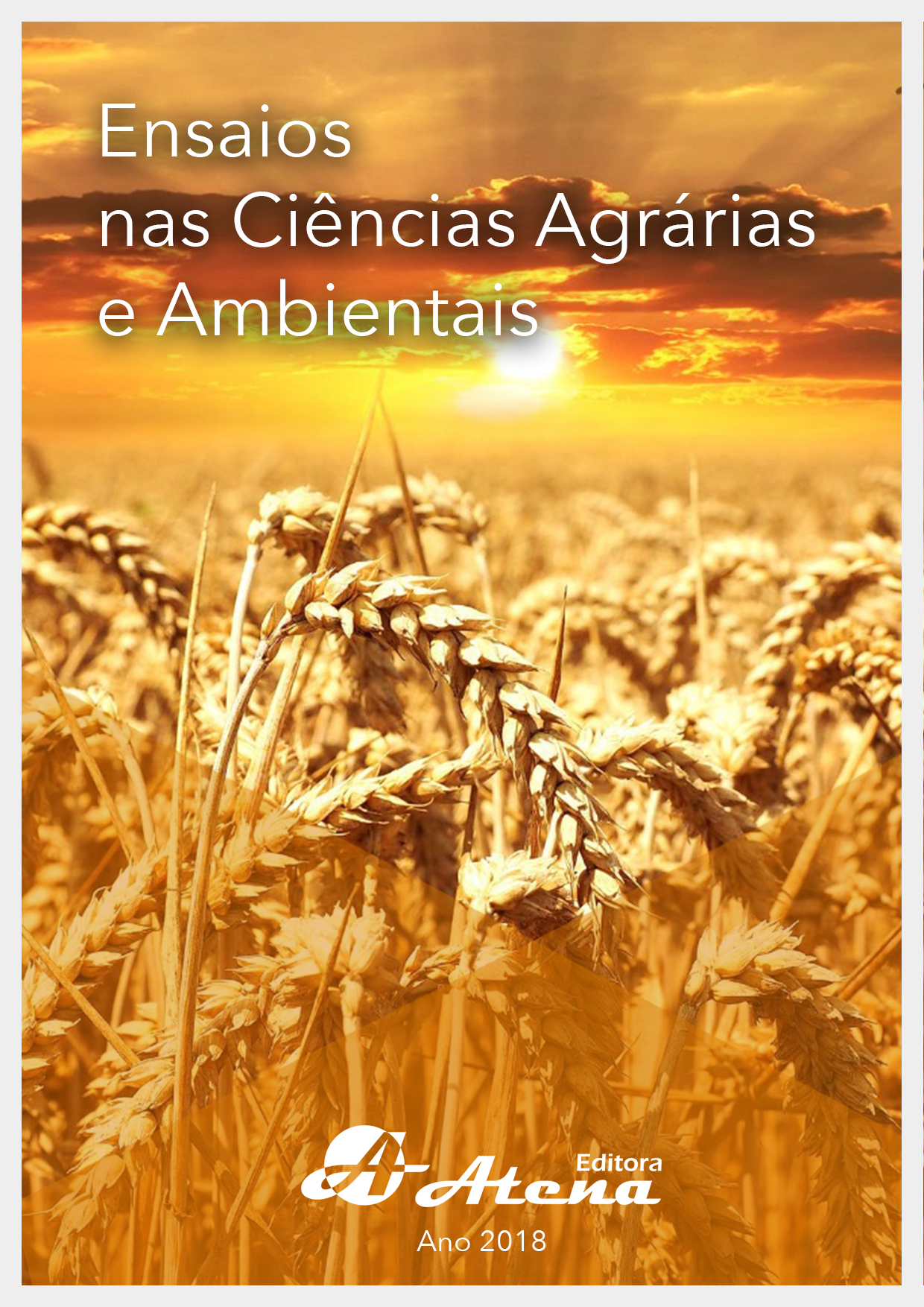
ANÁLISE QUALI-QUANTITATIVA DA ARBORIZAÇÃO DA PRAÇA EUCLIDES DA CUNHA, RECIFE, PE
Objetivou-se analisar qualiquantitativamente
a vegetação arbórea presente
na Praça Euclides da Cunha localizada na
cidade de Recife-PE, a fim de fornecer subsídios
para o manejo de áreas verdes da cidade.
Procedeu-se a identificação e mensuração
do diâmetro médio, altura e a área das copas
de todos os indivíduos com CAP ≥ 15 cm. Em
seguida, calculou-se o percentual de cobertura
vegetal e classificou-se a vegetação quanto
à origem e quanto ao porte arbóreo. Foram
catalogados 71 indivíduos distribuídos por 14
espécies, pertencentes a 8 famílias botânicas.
90,15% das espécies encontradas na praça são
nativas e 9,85% são espécies exóticas, sendo
Handroanthus impetiginosus, Poincianella
pyramidalis, Libidibia ferrea e Tabebuia aurea
as que apresentaram maior proporção de
indivíduos. O percentual de cobertura vegetal
da praça corresponde a 67,7%. Concluiu-se
que a praça apresenta um bom planejamento,
principalmente, devido à grande quantidade de
indivíduos nativos, que são mais adaptadas
as condições locais, promovendo benefícios
ecológicos, estéticos, econômicos e sociais.
Além de que, poucas árvores apresentaram
injúrias e danos mecânicos, e o percentual
de cobertura vegetal da praça permite melhor
fornecimento de sombra e, consequentemente,
ameniza a temperatura local, além da alta
diversidade de espécies que permite uma
melhor estética.
ANÁLISE QUALI-QUANTITATIVA DA ARBORIZAÇÃO DA PRAÇA EUCLIDES DA CUNHA, RECIFE, PE
-
DOI: Atena
-
Palavras-chave: áreas verdes urbanas, qualidade ambiental, levantamento florístico.
-
Keywords: urban green areas, environmental quality, floristic survey.
-
Abstract:
The objective was to qualitatively
and quantitatively analyze the tree vegetation
present in Praça Euclides da Cunha located
in the city of Recife, PE, in order to provide
subsidies for the management of green areas of
the city. The mean diameter, height and crown
area of all individuals with CAP ≥ 15 cm were
identified and measured. Then, the percentage
of vegetation cover was calculated and the
vegetation was classified as to the origin and
the tree size. Seventy - one individuals were
classified in 14 species belonging to 8 botanical
families. 90.15% of the species found in the
square are native and 9.85% are exotic species, being Handroanthus impetiginosus,
Poincianella pyramidalis, Libidibia ferrea and Handroanthus caraiba, which presented
the highest proportion of individuals. The percentage of vegetation cover in the square
corresponds to 67,7%. It was concluded that the square has a good planning, mainly
due to the large number of native individuals, who are more adapted to local conditions,
promoting ecological, aesthetic, economic and social benefits. In addition to that, few
trees presented injuries and mechanical damages, and the percentage of vegetal
cover of the square allows better supply of shade and, consequently, it softens the
local temperature, besides the high diversity of species that allows a better aesthetic.
-
Número de páginas: 15
- Camila Costa da Nóbrega


